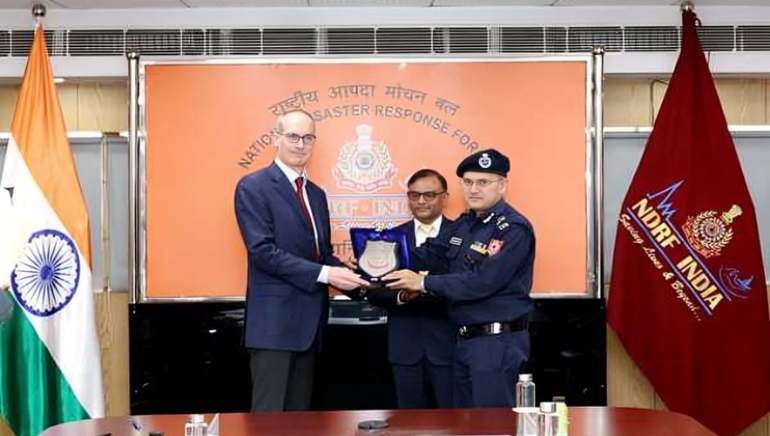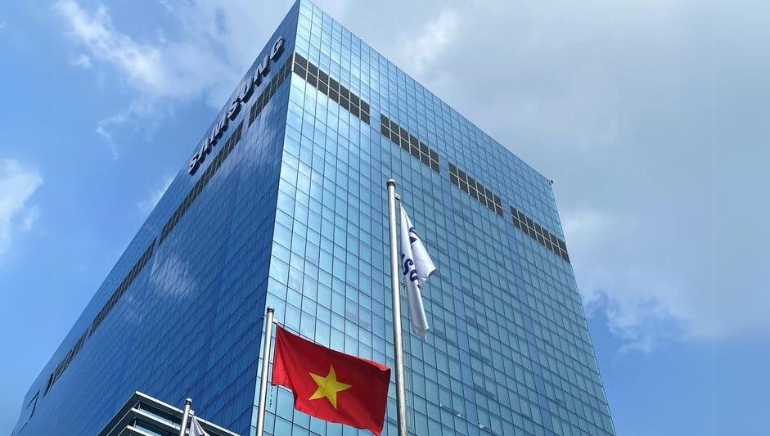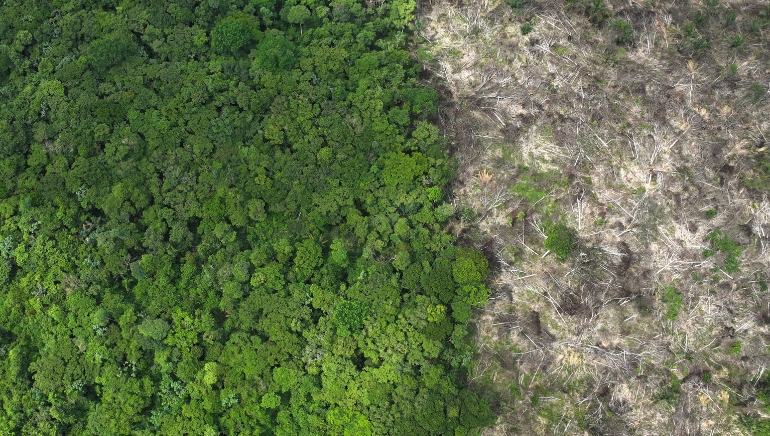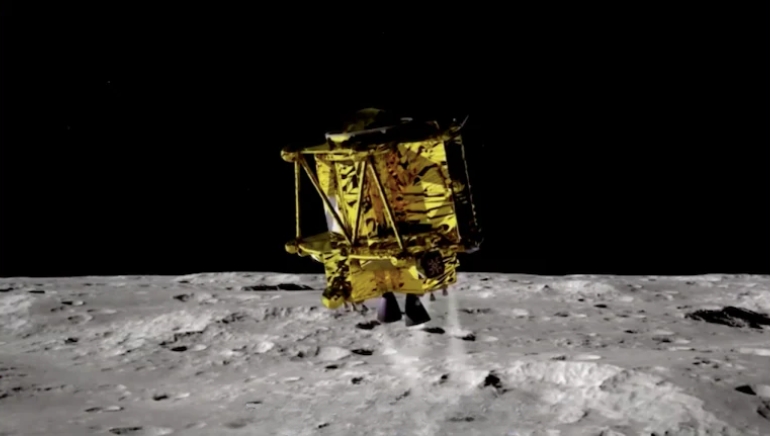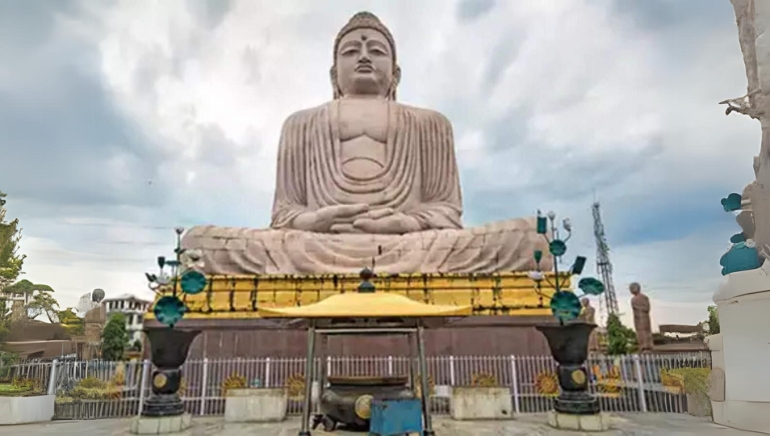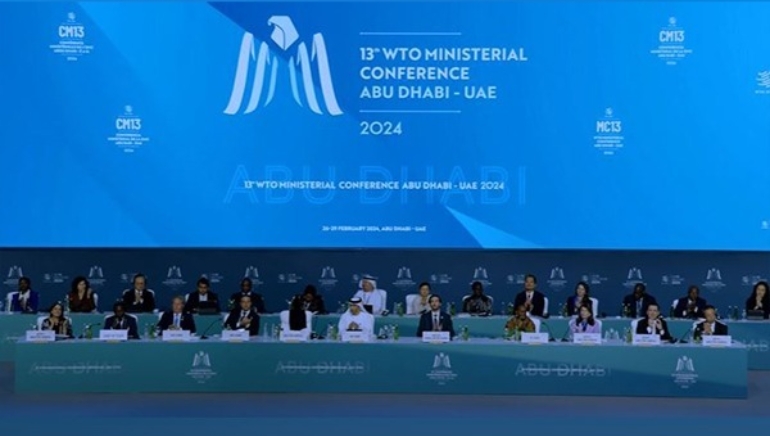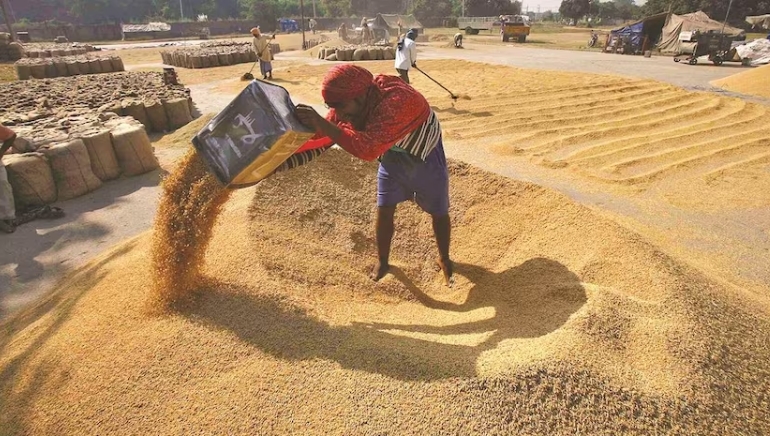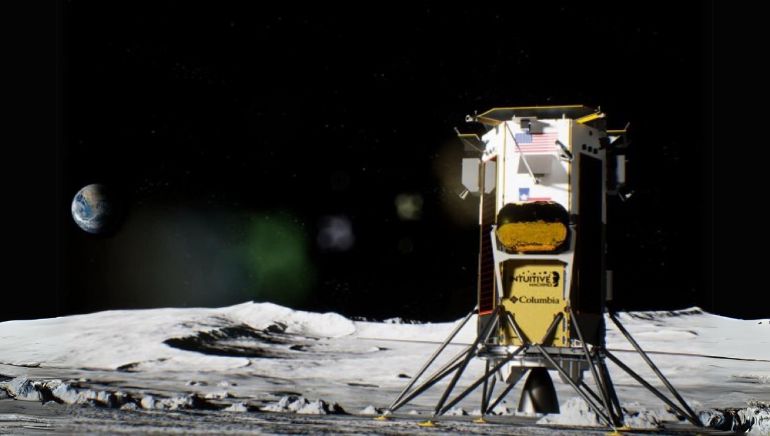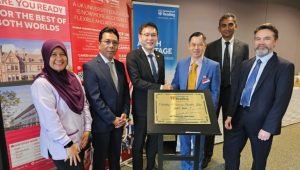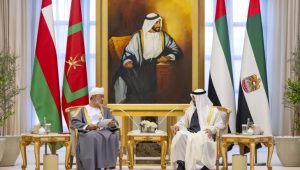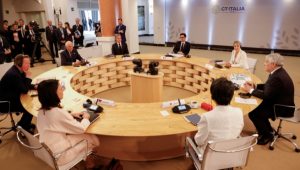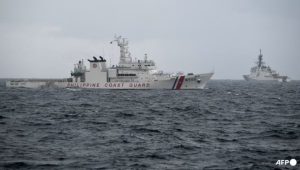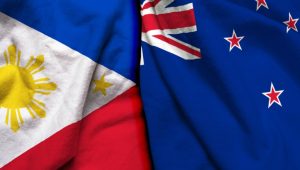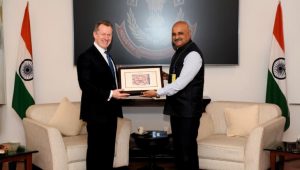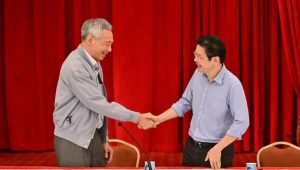The Swiss Agency for Development and Cooperation (SDC) will mentor India’s National Disaster Response Force (NDRF) battalion to attain international classification, renewing collaboration in Urban Search and Rescue (USAR).
Switzerland established INSARAG, which establishes a global standard and enables nations affected by disasters to prioritise assistance from qualified teams. Swiss experts will guide the NDRF battalion in Ghaziabad to achieve IEC certification over two years, building on prior support from 2008 to 2017.
NDRF, with 16 battalions, responds globally, including to the Japan Triple Disaster 2011, the Nepal Earthquake 2015, and the Türkiye Earthquake 2023. A 2003 intergovernmental agreement on disaster cooperation marked 75 years of friendship and 60 years of cooperation between Switzerland and India, which coincides with this collaboration.
Switzerland, through SDC, has supported capacity building for disaster response and risk management in India, including Glacial Lake Outburst Flood Risk Management, since 2019. Collaboration extends to climate change mitigation (low-carbon cement, energy efficiency, renewable energy), adaptation (cities’ climate action plans, solar irrigation, disaster risk management in Himalayan states), and the environment (air pollution, natural resource management).
Reflecting the long-standing relationship between Switzerland and India, this cooperation emphasises cooperative efforts to solve urgent concerns and promote resilience in the case of calamities.





